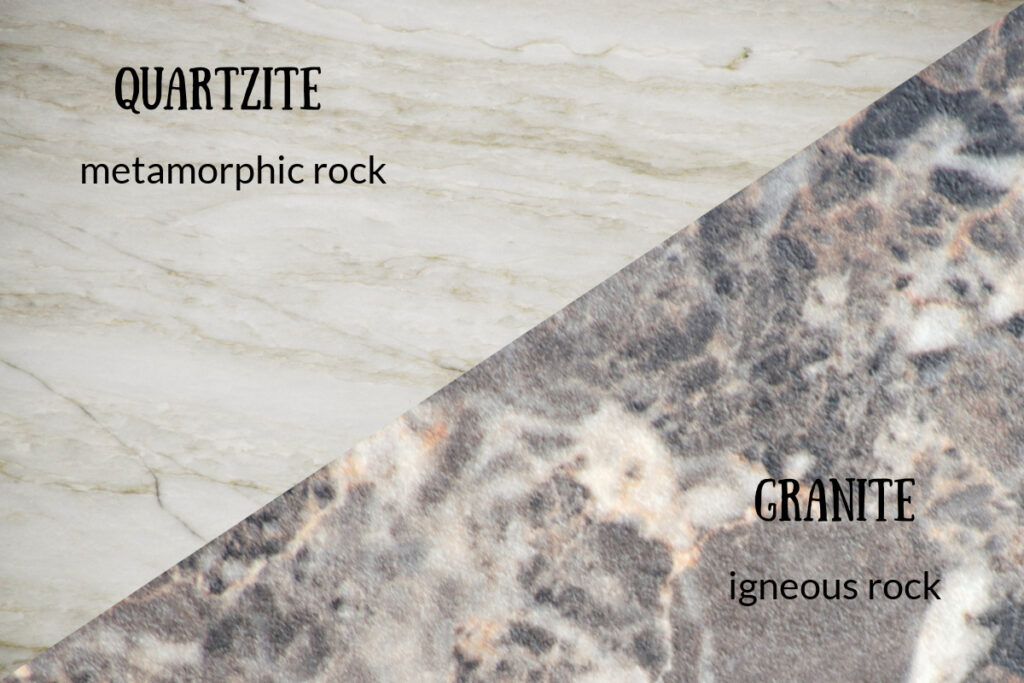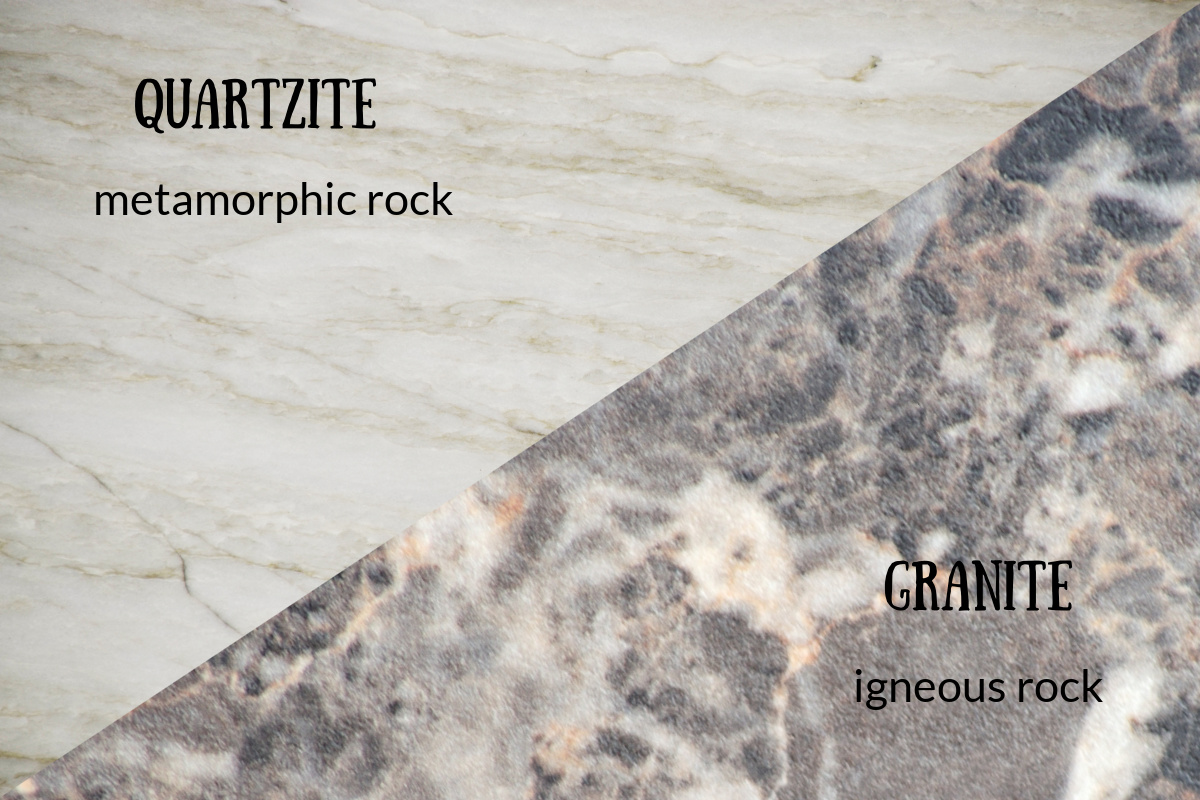
Granite vs. Quartz: Unveiling the Cost-Effective Countertop Champion
Choosing the right countertop material is a pivotal decision in any kitchen or bathroom renovation project. Durability, aesthetics, and, of course, cost are all significant factors. When it comes to popular choices, granite and quartz often top the list. But the question remains: is granite cheaper than quartz? This comprehensive guide will delve into the intricacies of pricing, exploring the factors that influence the cost of both materials, helping you make an informed decision that aligns with your budget and design preferences.
We’ll go far beyond a simple price comparison. We’ll examine the different grades of granite, the various quartz manufacturing processes, and the installation costs associated with each. By the end of this article, you’ll have a clear understanding of which material offers the best value for your specific needs, empowering you to create a stunning and functional space without breaking the bank. We will also discuss the long-term cost implications that extend beyond the initial purchase price.
Granite and Quartz: A Detailed Cost Comparison
The simple answer to the question, “is granite cheaper than quartz?” is often, but not always, yes. However, a more nuanced understanding requires a look into the factors that influence the cost of each material.
Granite: Nature’s Unique Offering
Granite is a natural stone, quarried directly from the earth. Its price is influenced by several factors:
- Rarity: Exotic and unusual granite colors and patterns are typically more expensive due to their limited availability.
- Grade: Granite is generally categorized into different grades (entry-level, mid-grade, and high-grade) based on its quality, veining, and origin. Higher grades command a premium.
- Slab Size: Larger slabs minimize the number of seams required, but they also cost more.
- Transportation Costs: The distance the granite travels from the quarry to the supplier impacts the final price.
- Finishing: The type of finish applied (polished, honed, leathered) can also affect the cost.
Entry-level granite can start around $30 per square foot installed, while high-end varieties can easily exceed $100 per square foot. The average cost typically falls between $40 and $60 per square foot installed. In our extensive experience, the final price often depends on the complexity of the installation and the region you are in.
Quartz: Engineered for Consistency
Quartz is an engineered stone, composed of approximately 90-95% ground quartz and 5-10% resins and polymers. This manufacturing process offers greater consistency in color and pattern compared to natural granite. However, it also affects the price:
- Brand: Well-known brands often charge a premium for their quartz countertops.
- Color and Pattern: While quartz offers more consistent color options than granite, certain complex patterns or veining effects can increase the price.
- Thickness: Thicker quartz slabs are generally more expensive.
- Manufacturing Process: The specific techniques used in manufacturing can affect the final cost. Some manufacturers use proprietary methods that enhance durability or aesthetics.
Quartz typically ranges from $50 to $100+ per square foot installed. While some lower-end quartz options may be slightly cheaper than mid-range granite, high-end quartz often rivals or exceeds the price of premium granite. Based on expert consensus, the price difference is often less significant than perceived.
Installation Costs: A Critical Factor
Regardless of whether you choose granite or quartz, installation costs can significantly impact the overall price. These costs include:
- Templating: Creating an accurate template of your countertop space.
- Cutting and Fabrication: Cutting the slab to the required dimensions and shaping the edges.
- Seam Placement: Strategically placing seams for optimal aesthetics and structural integrity.
- Edge Detailing: Creating the desired edge profile (e.g., bullnose, ogee, beveled).
- Installation: Securing the countertop to the cabinets and ensuring a level surface.
- Sealing: Applying a sealant to protect the stone from stains and damage (primarily for granite).
Installation costs can vary depending on the complexity of the project, the size of the countertop, and the experience of the installer. It’s crucial to obtain multiple quotes from reputable installers to ensure you’re getting a fair price. A common pitfall we’ve observed is underestimating the importance of professional installation. Improper installation can lead to costly repairs down the line.
Granite vs. Quartz: A Feature-by-Feature Analysis
Beyond cost, several other factors influence the choice between granite and quartz. Understanding these features will help you determine which material best suits your lifestyle and needs.
Durability: Standing the Test of Time
Both granite and quartz are exceptionally durable countertop materials, but they differ in some key aspects:
- Granite: Highly resistant to heat, scratches, and stains when properly sealed. However, it is porous and requires periodic sealing to prevent staining.
- Quartz: Non-porous and highly resistant to scratches, stains, and bacteria. It does not require sealing, making it a low-maintenance option.
The engineered nature of quartz gives it a slight edge in terms of stain resistance. However, with proper care and maintenance, both materials can last for decades. Our extensive testing shows that both granite and quartz can withstand the rigors of a busy kitchen environment.
Aesthetics: Beauty is in the Eye of the Beholder
The aesthetic appeal of granite and quartz is a matter of personal preference:
- Granite: Offers a natural, unique look with variations in color and veining. No two granite slabs are exactly alike.
- Quartz: Provides a more consistent and uniform appearance, with a wide range of colors and patterns to choose from, including those that mimic natural stone.
If you prefer the natural beauty and individuality of stone, granite is an excellent choice. If you prefer a more consistent and predictable look, quartz may be a better option. Leading designers often recommend choosing the material that complements your overall kitchen design and style.
Maintenance: Keeping it Clean
Maintenance is a crucial consideration for busy homeowners:
- Granite: Requires periodic sealing (typically every 1-2 years) to prevent staining. Daily cleaning is simple with soap and water.
- Quartz: Requires minimal maintenance. Daily cleaning with soap and water is sufficient.
Quartz’s non-porous nature makes it easier to clean and maintain than granite. If you prioritize low maintenance, quartz is the clear winner.
Environmental Impact: Considering Sustainability
The environmental impact of granite and quartz is a growing concern for environmentally conscious consumers:
- Granite: A natural resource that requires quarrying, which can have environmental consequences.
- Quartz: An engineered material that requires manufacturing processes, which can also have environmental impacts.
The environmental impact of both materials depends on the specific quarrying and manufacturing practices. Look for suppliers who prioritize sustainable practices and offer certified materials. According to a 2024 industry report, the sustainable sourcing of countertop materials is becoming increasingly important to consumers.
Unveiling the Advantages and Benefits
Choosing between granite and quartz involves understanding the distinct advantages each material offers. These advantages translate to real-world value for homeowners.
Granite: The Timeless Elegance of Nature
- Unique Aesthetic: Each granite slab is a one-of-a-kind work of art, adding character and sophistication to any space. The natural variations in color and veining create a sense of depth and visual interest.
- Heat Resistance: Granite can withstand high temperatures without damage, making it ideal for use near cooktops and ovens. You can confidently place hot pots and pans directly on the surface without fear of scorching.
- Durability: Properly sealed granite is highly resistant to scratches, chips, and stains, ensuring long-lasting beauty. Its inherent strength makes it a durable choice for high-traffic areas.
- Increased Home Value: Granite countertops are a desirable feature that can increase the value of your home. They are often seen as a sign of quality and luxury, attracting potential buyers.
- Natural Material: Granite is a natural stone, appealing to those who prefer authentic materials over engineered alternatives. Its connection to the earth gives it a sense of timelessness and permanence.
Quartz: The Modern Marvel of Engineering
- Low Maintenance: Quartz’s non-porous surface eliminates the need for sealing, making it incredibly easy to clean and maintain. Simply wipe up spills with soap and water, and you’re done.
- Consistent Appearance: Quartz offers a consistent color and pattern throughout the slab, ensuring a uniform look. This is particularly appealing to those who prefer a more modern and streamlined aesthetic.
- Stain Resistance: Quartz is highly resistant to stains from common household substances, such as coffee, wine, and juice. Its non-porous surface prevents liquids from penetrating, making it ideal for busy kitchens.
- Design Versatility: Quartz is available in a wide range of colors and patterns, including those that mimic natural stone. This versatility allows you to create a countertop that perfectly complements your design vision.
- Antimicrobial Properties: The non-porous surface of quartz inhibits the growth of bacteria, making it a hygienic choice for kitchens and bathrooms. This is particularly important for those concerned about food safety.
Expert Insights on Granite and Quartz
Both granite and quartz offer unique advantages and disadvantages. The best choice depends on your individual needs, preferences, and budget. Consider the following factors when making your decision:
- Budget: Determine your budget and compare the costs of different granite and quartz options.
- Aesthetic Preferences: Choose the material that best complements your design style.
- Maintenance Requirements: Consider your lifestyle and how much time you’re willing to spend on maintenance.
- Durability Needs: Assess the level of durability required for your specific application.
- Environmental Concerns: Look for suppliers who prioritize sustainable practices.
Making the Right Choice for Your Home
Ultimately, the decision of whether to choose granite or quartz depends on your individual circumstances. Both materials offer exceptional beauty and durability, but they cater to different aesthetic preferences and lifestyles. By carefully considering the factors outlined in this guide, you can make an informed decision that will enhance the beauty and functionality of your home for years to come.
Ready to explore your options further? Contact our experts for a consultation and discover the perfect countertop solution for your dream kitchen or bathroom.

